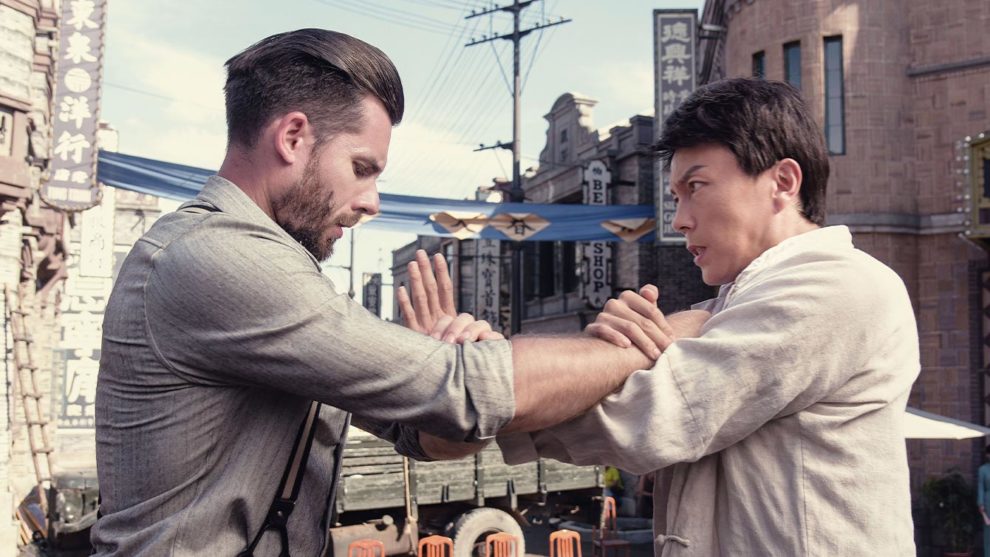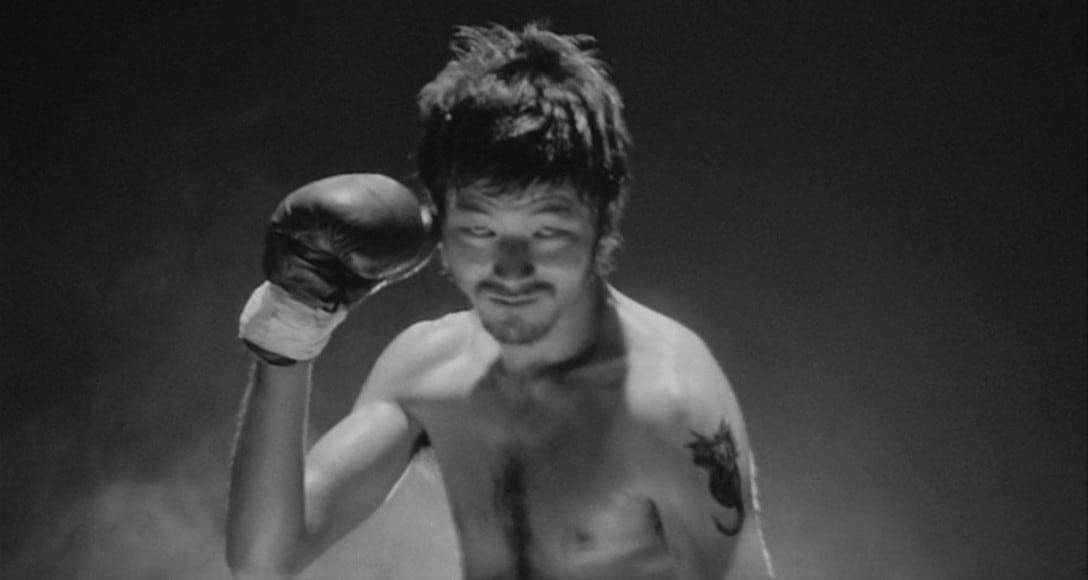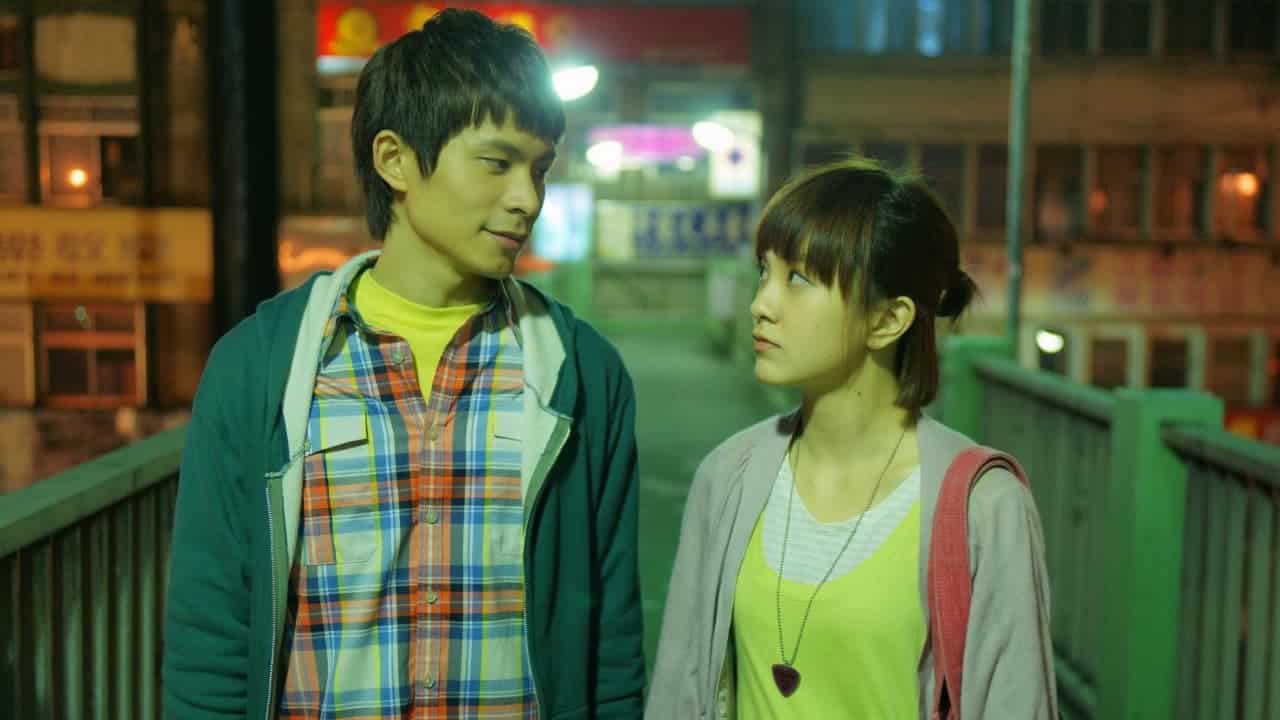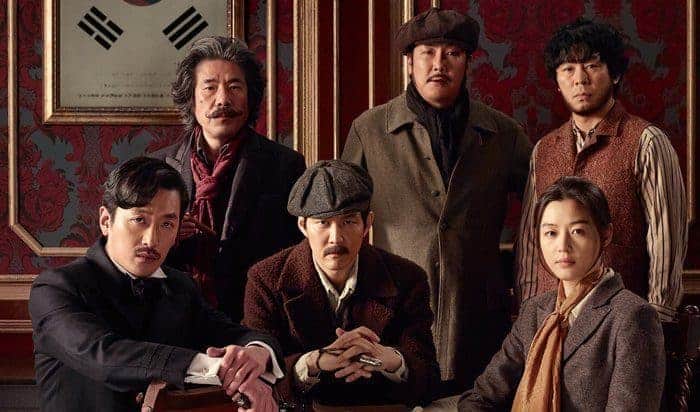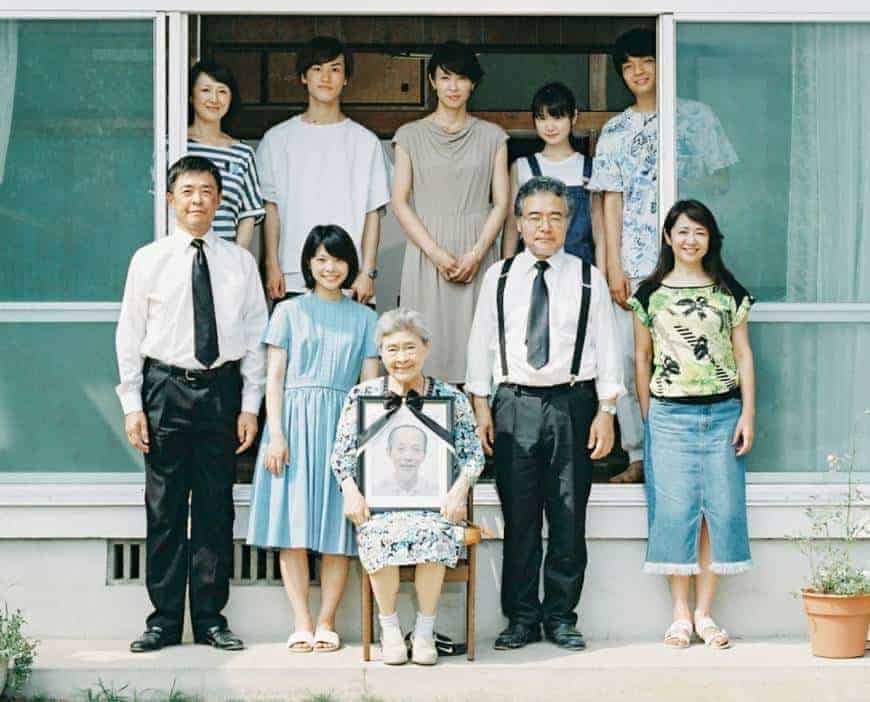The saga of Ip Man has turned out to be a never ending one, with the adventures of Bruce Lee's sifu having reached their tenth entry, not to mention that the tendency has already started being called Ipsploitation. This time the role of the iconic Wing Chun master is handled by Miu Tse, a rising wing chun specialist himself. Let us see how he fares.
Buy This Title
on Amazon
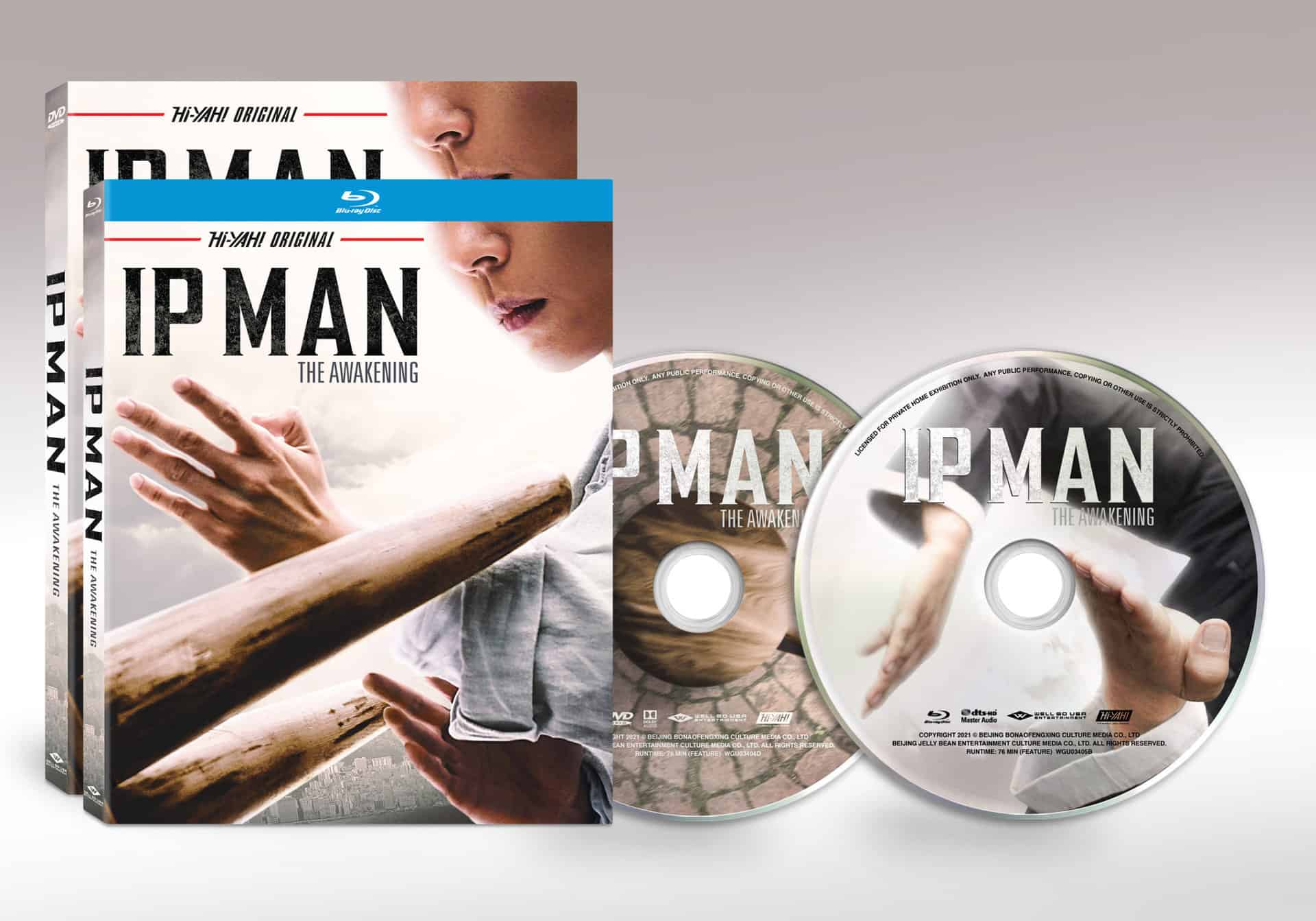
A young Master Ip visits Hong Kong from Fosshan in the 30s, being quite cocky and sure of himself at the time, in contrast to the noble and utterly virtuous man he became later. Upon his arrival, he stumbles upon a kidnapping effort of a woman by a series of Chinese men inside a bus. Ip Man prevents them and beats them up, which results in him meeting the girl's brother, Hu Bufeng, a man who works as a coolie, but also seems to have connections with the local British police, in the first sign of corruption in the city. As time passes and Ip Man becomes quite friendly with Hu Bufeng and his sister, he also stumbles upon a human trafficking ring run by Westerners in the area that aims at young women, who are supported by cops on bribes, and even natives who have chosen this despicable “endeavour” to get more money. Inevitably, he has to beat them all before he becomes a hero to his people once more.
Li Xi Jie and Zhang Zhu Lin's movie focuses on presenting the heroics of Ip Man through an approach that loans much from the previous entries as much as of past titles, like the “Once Upon a Time in China” series, in a style that lingers between the tribute and the rip-off. The recent cliches are also all here, with the evil colonialists having the role of the villain once more, and the poor Chinese suffering in their hands and those of the corrupt British until the one-man army that is Ip Man appears. As such, the only slightly redeeming quality here, contextually at least, is how the protagonist matures when he witnesses all the aforementioned, turning from a show off to an altruistic savior. In that regard, Miu Tse's acting works quite well in both aspects, in one of the most likable Ip Man we have seen in the franchise, a trait that can also be attributed to his overall appearance and particularly his face. Lastly, the usual propaganda elements against the evil westerners are here once more, with the Europeans and Americans having replaced the Japanese of the previous films.
Of course, as usually in martial arts films, the focus is not on context but on action. In that regard, the movie shows its colors from the beginning, with the fight inside the bus being quite impressive, but also somewhat faulty in the way it was shot, particularly in the editing, which makes the whole thing quite unrealistic, while the close ups do not help either. As the movie progresses, however, and particularly after the real enemies, the foreigners are revealed, the action direction and particularly its shooting improveσ significantly, with Miu Tse showing his abilities and particularly his uncanny speed in the most eloquent fashion. Starting with the fight with the Black man, continuing with the tournament in the ring, where Ip Man actually gets his intense share of beating, and the final one that includes scores of enemies before the big battle, are all rather impressive, and essentially the reason the whole movie exists.
Also of note here is that the villains use an almost forgotten technique called bartitsu, an eclectic martial art and self-defence method originally developed in England in 1898–1902, combining elements of boxing, jujitsu, cane fighting, and French kickboxing (savate), which as actually mentioned in Sir Arthur Conan Doyle's novels. The clash of bartitsu with wing chun works excellently, also because the fights look quite different than what we have seen before in Ip Man movies, in probably the sole element that makes the movie stand out.
“Ip Man: The Awakening” does not exactly reinvent the genre or the franchise, but is fun, well choreographed, and will probably appeal to all fans of both.


